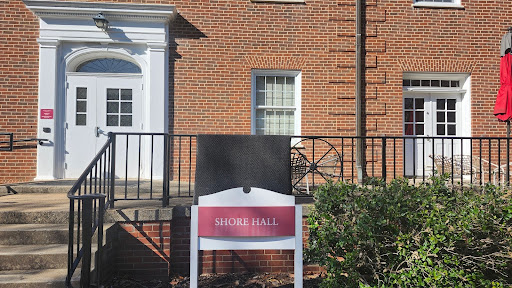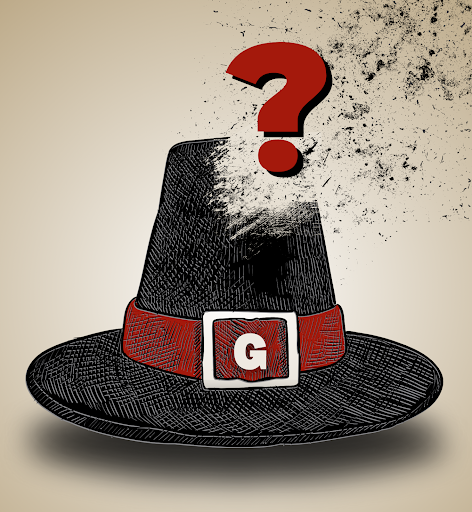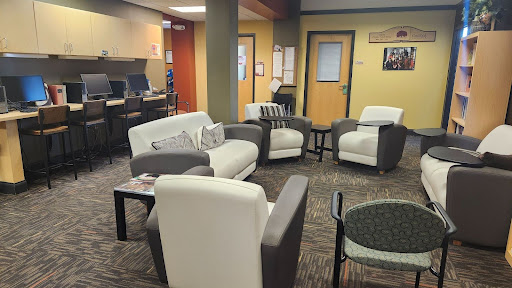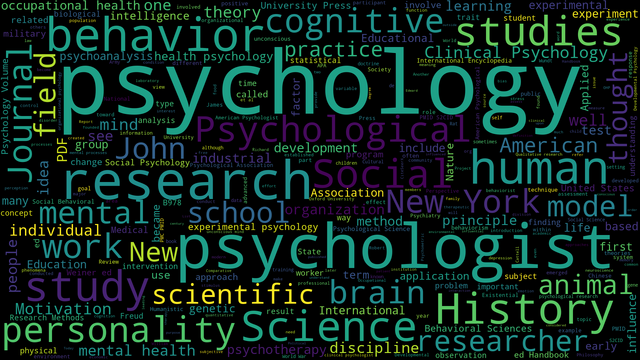As early as next year, incoming first-years may be required to participate in experiential learning in order to gain a Guilford degree.
The entering class in Fall 2014 would be the first required to get involved with experiential learning in order to graduate.
The Strategic and Long Range Planning Committee recently proposed the idea of an experiential learning requirement as an effort to get even more students to take an active role in learning.
The ELR would likely be a part of general education requirements rather than linked specifically to each major.
“Speaking from personal experience … I know that (experiential learning) is a completely different kind of learning that takes place outside of the classroom,” said Anne Glenn, professor of chemistry and chair of the Curriculum Committee. “I know it contributed greatly to my undergraduate experience and prepared me better for graduate school and life.”
Based on the current proposal, students would choose from five different kinds of experiences: internships, study abroad or study away, community service, research or a more general experiential learning project.
“I’ve gotten a lot of good experiences from the research I’ve been doing that I would definitely not have gotten through classes,” said senior chemistry major Thomas Huff. “I couldn’t possibly imagine (experiential learning) not being helpful for every major.”
While there is support for the idea, concerns have arisen as well.
“As it’s currently proposed, there are a lot of different ways you can fulfill (the requirement),” said Associate Professor of Philosophy Lisa McLeod, who was at the Faculty Forum when the proposal was introduced. “I’m not sure, as it is, that all of those things would accomplish a similar goal.”
McLeod also saw potential problems concerning documentation of students’ progress.
“(There are) some issues with how we’re going to document what does get accomplished and who’s going to be in charge of keeping track of everything,” said McLeod.
The current plan calls for students to document their experiences using a digital portfolio, but many of the details have yet to be determined.
Some faculty members think there are other reforms that are more urgent than creating an ELR.
“It’s really important that we have no new projects until faculty and staff pay is improved,” said Professor of Philosophy Nancy Daukas. “It’s well known that our pay is way lower than it should be compared to our peer group, and we can’t keep expecting people to take on more.”
According to Guilford Student Community Senate President and senior Tim Leisman, students generally support the idea of an ELR.
“We had this ELR proposal come before Senate,” said Leisman. “The sense of the students was very positive.”
At the same time, Leisman also identified some potential issues.
“Many expressed the concern that Guilford needs to be very careful to ensure that … everyone knows the requirements,” said Leisman. “Two transfer students especially expressed the concern that Guilford already has many requirements that could prevent students from graduating if they don’t know or don’t have good advisors.”
The Curriculum Committee knows the proposal is far from its final form and plans to take these concerns under advisement.
“It’s really important for us to bring it to the community for feedback so we can hear from the community as we go,” said Glenn. “If we’re going to do this, we need to do it right.”











